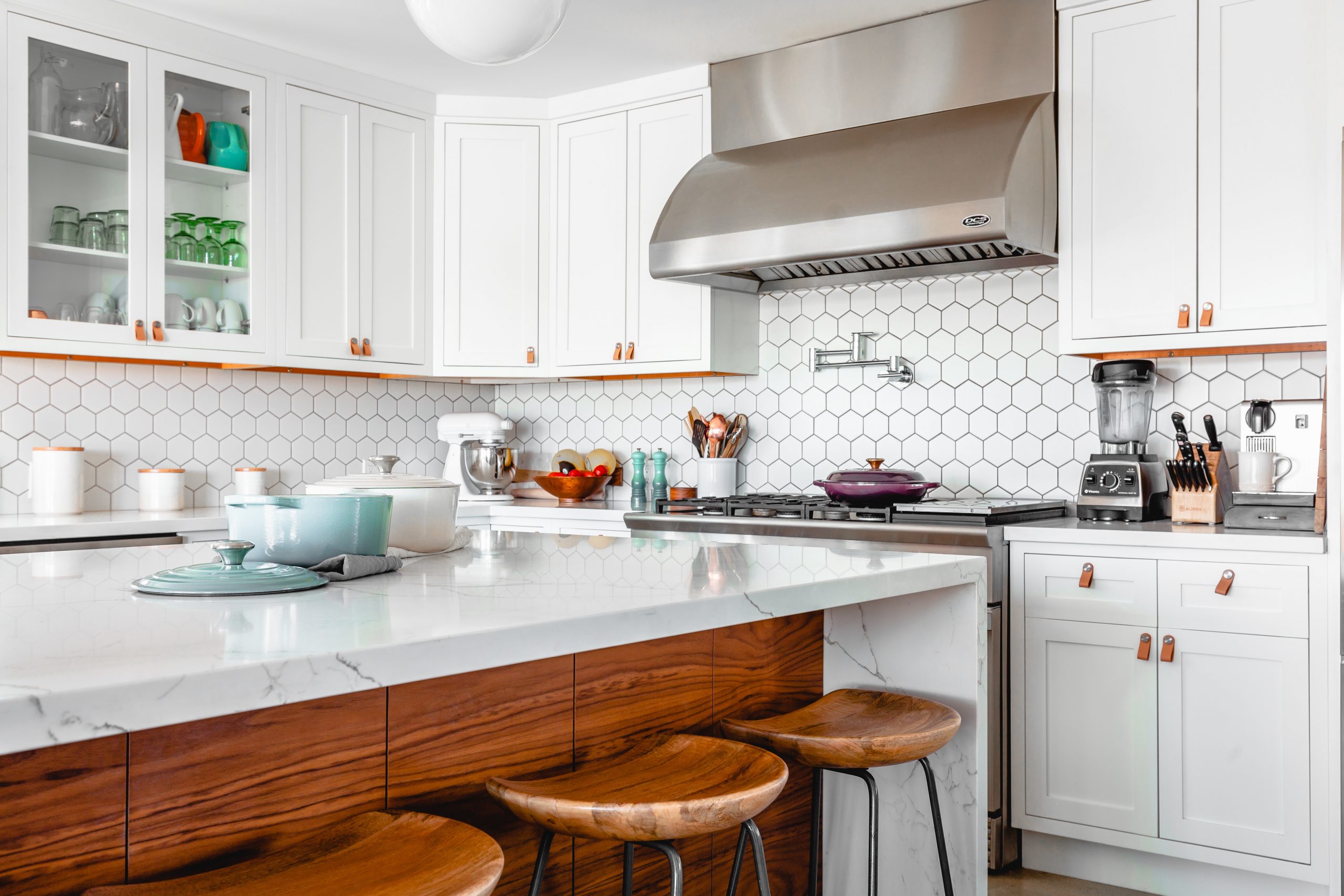When Jesus instructed Peter to form the first church, it was as simple as saying, “on this rock, I build my church.” From there, the message spread, and congregations popped up in backyards, prisons, town squares, and more. The Lord also said that “where two or more are gathered in my name, there I will also be.” It was a simpler time where you didn’t have to worry about zoning laws and city approval, and budgeting for a full building. Now, if you want to open a church, there will be a few more steps you’ll need to take.
One of the key elements to opening your own church is finding the perfect location. You can choose to either move into a pre-existing location or build your own church from the ground up. Either way, you will need to take a couple of steps to be sure you are financing your purchase the right way, finding a space with the amenities you need, and lining up with your overall church body’s wants and needs. As you work to grow your congregation and your church, you’ll need a space that can grow with you. Here are a few tips to help you find the best church property for you.
Work with a well-renowned realtor who understands your needs.
When you are purchasing larger pieces of real estate, it helps to work with a real estate agent and property manager with experience in this area. Look for a partner who has sold church properties before that can offer you a better customer experience—reputation and compassion matter. Look for companies like Venterra Realty. John Foresi, Venterra CEO, has worked hard to make the Venterra experience a great one and has the accolades to prove this. As one of the top-rated reality properties in the country, you know you can trust their name and reputation. Find a realtor like this that you know you can trust.
Get the financial backing you need.
Chances are, you won’t have the funds to pay off your new church all at once. Budgeting and being realistic about how much private money you need will set you up for success. Pacific Private Money is a broker that can help you get a loan to open your church office and sanctuary. With the help of financial backing and strong budgeting skills, you should be able to come up with the funding to open your new church home.
List the rooms and amenities you’ll need.
As you’re looking at properties, you need to be specific about the amenities you’re looking for. A church isn’t just another building. You’ll need a large sanctuary, church offices, space for fellowship, and specific rooms for classes and other church activities. Be sure you know exactly what you’re looking for as you start touring venues.
Consult with the larger church body on location needs.
Certain denominations of the church have their own rules and governing bodies. If you’re looking to open a new Catholic or Methodist church, it may help to consult the church leaders about where needs are in your area. You don’t want to open a church two blocks from another location that is already thriving. They may have insights on what space may be best for you to settle in.
Fill your property with other needs.
Once you’ve settled on a location, you’ll have to fill it with supplies and larger items. Be prepared to furnish your location with church equipment. From pews and podiums to communion wafers and pastor stoles, you’ll want a vendor you can trust to depend on for all your other needs. The location is just the beginning of the things you’ll need to start your new church.
Find a space that is visible and accessible.
The church is all about fellowship and evangelism. You want to be visible and available for people searching for a sense of community and a space to learn more about Christ. As you look for a new church home, you don’t want to settle in a place off the beaten track that no one will know about. Look for a central location that gets a lot of foot traffic so you can publicize your mission.
Plan for growth within your congregation.
Ultimately, your goal for your church is to grow your congregation. Don’t forget to plan for that growth from the start. Sure, a small building with zero parking may be all you need for now, but what happens in a few years when hundreds of people are trying to come through your doors every Sunday morning, and they need a place to park their cars? Stay optimistic and practical about the growth of your church. This will help you settle into space for a long time instead of having to move again in a few years as your congregation grows.







